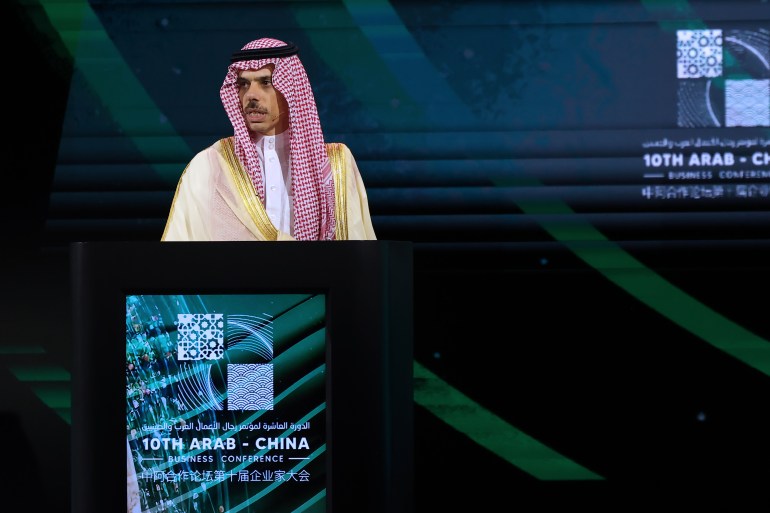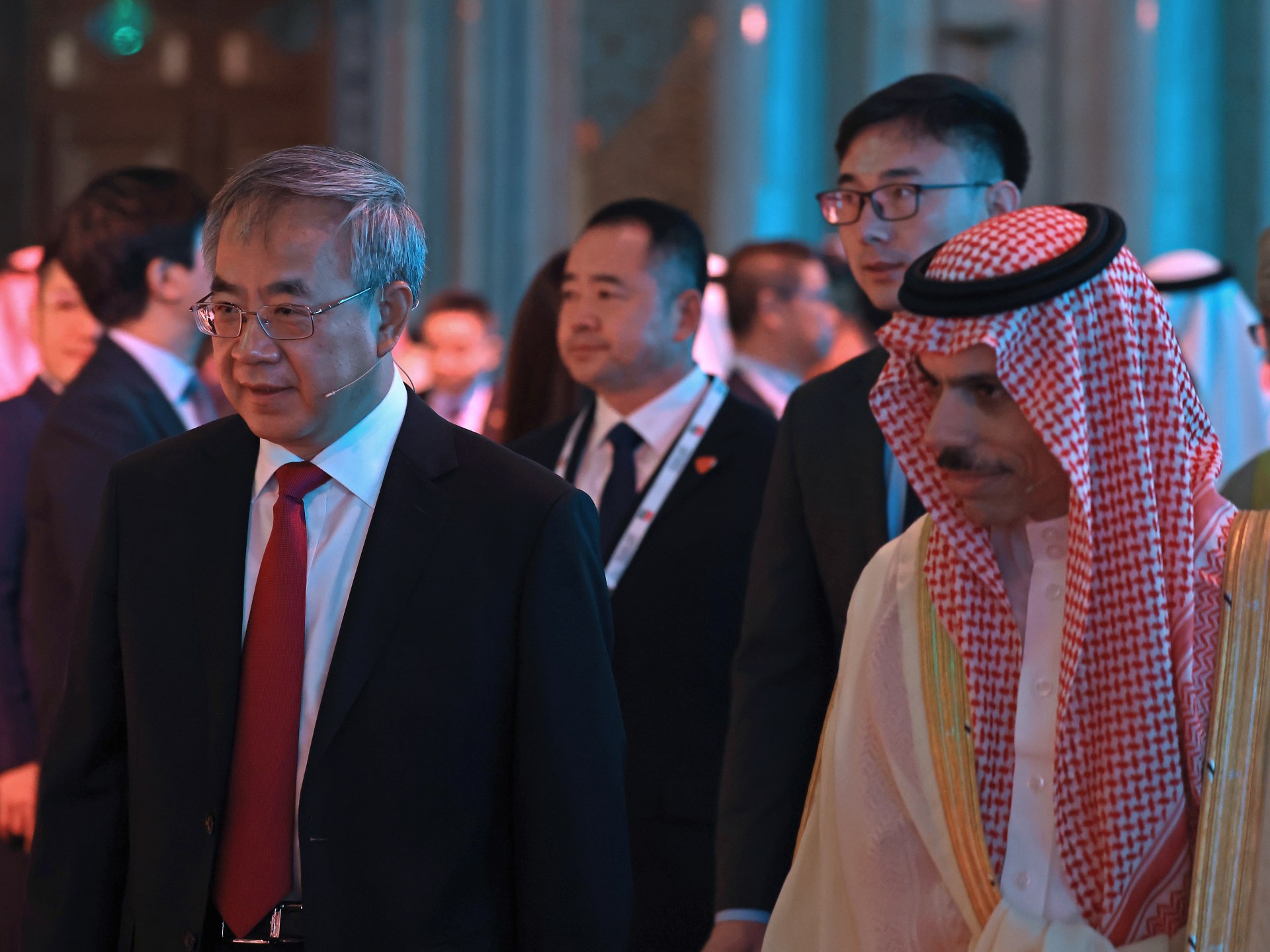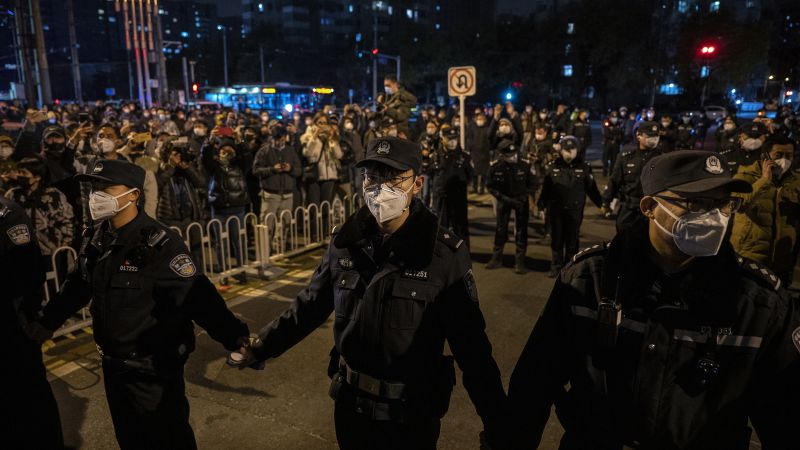Saudi Arabia signs $5.6bn EV deal as it eyes closer China ties
Riyadh leads the Arab region in boosting trade ties with Beijing as it looks to diversify its economy away from oil.
Saudi Arabia has signed a $5.6bn deal with a Chinese company to manufacture electric vehicles as the kingdom is looking to lead the Arab world in expanding economic ties with Beijing.
The memorandum of understanding signed on Sunday with electric and self-driving car maker Human Horizons on the development, manufacture and sale of vehicles accounted for more than half of the $10bn in investments signed on the first day of a major business conference being held in the capital, Riyadh.
The 10th Arab-China Business Conference held under the patronage of Crown Prince Mohammed bin Salman aims to enhance a “strategic” partnership based around the Belt and Road Initiative, the Saudi Press Agency said.
More than 3,500 government officials, investors, business representatives and experts from 23 countries have reportedly participated in the event, co-organised with the Arab League and the China Council for the Promotion of International Trade.
As the world’s top exporter of oil, Saudi Arabia’s relations with China still largely revolve around energy, but as part of its Vision 2030 plan to diversify the economy, Riyadh is planning to boost investments in non-oil sectors, including in electric cars.
Human Horizons manufactures luxury EVs under the HiPhi brand in China but is looking to expand and make headway in Western markets as well. The company announced in March that it will enter European markets this year, with an eye on Western Europe or Scandinavia.
Saudi Arabia in October unveiled its own homegrown brand of electric cars, called Ceer, which it expects will churn out electric SUVs and sedans from 2025 through a manufacturing plant that is now under construction.
In addition to the $5.6bn EV deal, Saudi officials on Sunday announced billions of dollars worth of agreements in sectors spanning technology, renewable energy, agriculture, real estate, metals, tourism, and healthcare.
These included a $533m deal for establishing an iron factory in Saudi Arabia, and a $500m cooperation agreement on copper mining in the kingdom, a Saudi statement said.
The kingdom’s officials have said more announcements can be expected, with Energy Minister Abdulaziz bin Salman Al Saud saying more energy deals would be forthcoming. He also brushed off Western criticism of growing Saudi ties with China, saying the kingdom would prioritise its business interests.

Saudi Foreign Minister Prince Faisal bin Farhan Al Saud, who addressed the conference as a keynote speaker, hailed growing links between China and the Arab world.
“Our meeting today is an opportunity to work and strengthen the historical Arab-Chinese friendship and to work on building a common future” that will benefit both sides, he was quoted as saying by Arab media.
Saudi officials told the conference that the total volume of trade between China and the Arab world reached a record $430bn in 2022, with Saudi Arabia accounting for about 25 percent with a massive bilateral trade volume of $106bn that jumped 30 percent over the previous year.
The conference comes shortly after Chinese President Xi Jinping visited Riyadh in December. He held a joint meeting with Arab leaders and signed a comprehensive strategic partnership agreement with Riyadh.
China has also been increasing its diplomatic foothold in the region, having brokered a landmark agreement between Iran and Saudi Arabia in March that has led the two regional rivals to re-establish diplomatic relations after a seven-year rift.




